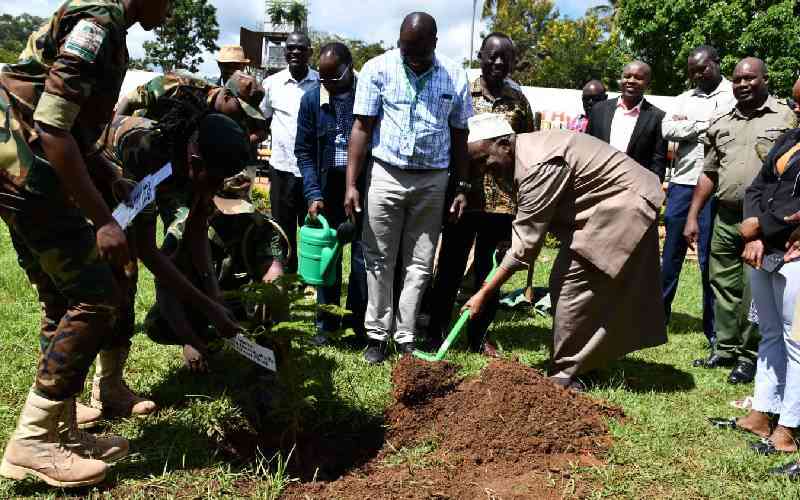
The National Biosafety Authority (NBA) has reaffirmed its commitment to regulating the entry of genetically modified organisms (GMOs) and their products through Kenya's border points, citing enhanced collaboration with various government agencies as key to success.
Speaking during a tour of the Busia One Stop Border Post (OSBP), NBA Board Chair Mohamed Hussein praised the cooperation between the Authority and agencies such as the Ministry of Interior, KEBS, KEPHIS, KRA, Immigration Services, Kenya Forest Services, and the Busia County Government.